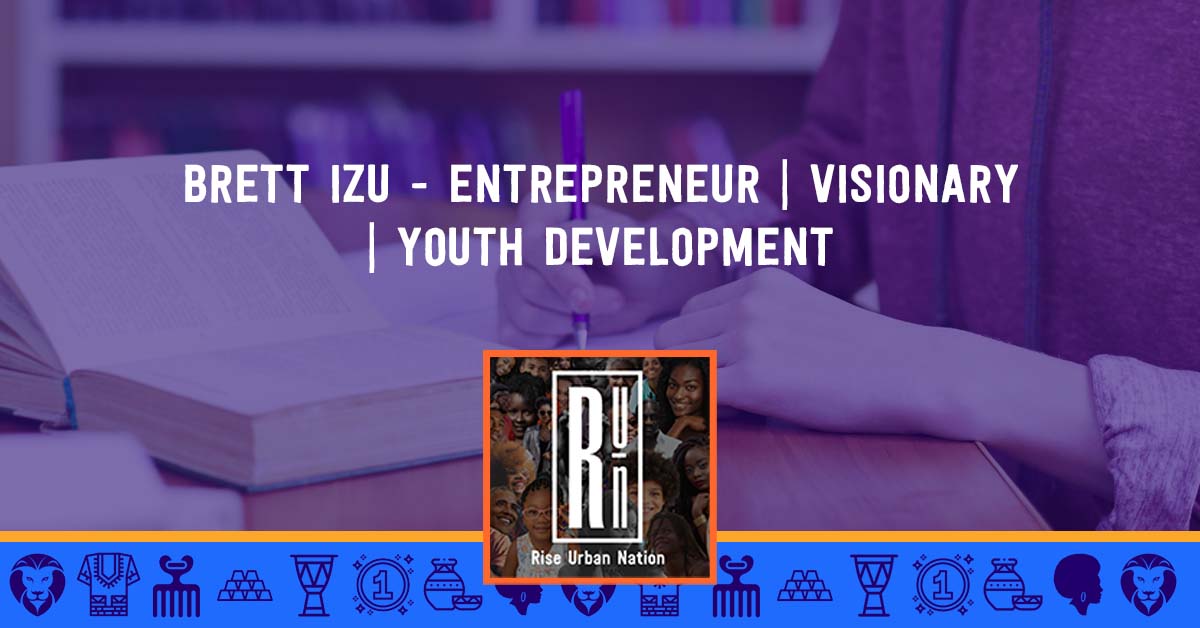What You Can Learn From These Black Philanthropists
Oprah Winfrey has donated over 300 million dollars to a multitude of charities.
She's a well-known Black philanthropist who's gone out of her way to improve the lives of the people around her.
However, there are dozens upon dozens more Black philanthropists you should know about.
Some of these philanthropists have given back to underserved communities. Others have invested in the youth of their city, providing a brighter future for those who feared tomorrow. No matter the cause, these philanthropists have taken the shirt off their own backs for people who needed help the most.
We can learn a lot from past and current Black philanthropists. Allow us to introduce you to some of the people we admire most.
What Is Philanthropy?
Philanthropy is the act of showing love for humanity. It comes in the form of selfless, private acts that benefit the public good.
Philanthropic acts can be carried out by individuals or larger groups within the community. We often hear about philanthropy when researching charities or non-profit organizations.
Black Philanthropy Is a Centuries-Old Practice
When thinking of philanthropy, you may picture large charity events and big, signed checks. While this isn't an incorrect image, it's important to do the research to widen your scope.
The Black community has been practicing philanthropy for centuries. Everyone from Black leaders to everyday people has been sacrificing their own time, money, and energy to give back to the collective around them.
Much of the philanthropy in the Black community has been to battle the hostile effects of adversity. Black philanthropy dates all the way back to the beginning of the slave trade and beyond.
The Importance of Community
Imagine being pulled from your home and sent away. And when you arrive at your new destination, you're met with violence and hatred.
There are no words to describe the horrors the Black community faced during the times of slavery. Coming together as a community was a means of survival.
Kinship spread throughout the Black communities during slavery, bringing people together as brothers and sisters. The members of Black communities shared food and sang songs of yearning together.
The love they shared knew no bounds. Bloodlines didn't matter. Hope for a brighter future bound them together.
Moving forward in time, the strong bonds of the Black community are clearly seen during the Civil Rights movement and present-day activism. Many people believe the death of George Floyd sparked activism against inequality. However, the Black community has been fighting together for greater freedom for decades.
Philanthropy Is Shown in Many Forms
These days, much of philanthropy has become about who can write the bigger check. It is true that money holds political and social power due to the world we live in.
However, philanthropy is more than pulling from your wallet.
Black communities around the world have demonstrated that philanthropy also includes dedicating your time, using your talents for the public good, and extending your own emotional energy to lift up those around you.
Not everyone can give money, but there's something everyone can give.
Unfair Stereotypes Still Surround the Black Community
Despite the number of selfless acts the Black community shows, negative stereotypes still surround them.
Many poverty-stricken areas with large numbers of people of color are facing the effects of generational trauma, and they very rarely receive adequate community resources. These things continue the cycle of poverty and inequality.
In order to survive, many members of these communities apply to government-run welfare systems.
Too many people blame Black communities for not being able to help themselves, despite the lack of government support and equality. This, in turn, causes people to view members of the Black community as selfish.
However, Black communities are far from selfish. They are prime examples of sacrifice and unconditional love, and individuals outside of the Black community can learn a lot from well-known Black philanthropists.
Allow us to introduce you to some!
Famous Black Philanthropists We Can Learn From
We don't have the time or space to cover every Black philanthropist who's made an impact. Let the few we mention serve as images of benevolence and strength.
Patricia Hamzahee
Patricia Hamzahee is a force of nature and one of the most influential Black female leaders. She's currently an independent advisor that's been in the world of finance for over 20 years. Hamzahee is a prime display of the definition of a powerful Black woman.
She donates her time and money to teach young people about finances and how to make an impact with investing. Hamzahee is also the trustee of several charities.
She has spoken out about her privilege and her dedication to lifting up those who haven't experienced the same privilege. Community service is her way of showing love.
Thomy LaFon
Thomy LaFon was born as a free person of color. His father was a Frenchman, and his mother was a free Haitian woman.
LaFon's father left the family when Thomy was very young, and Thomy was then tasked with educating himself. This self-education didn't go to waste. He became a merchant in New Orleans by 1842, becoming one of the most well-known Black entrepreneurs.
He accumulated an incredible fortune and was the richest African-American in the nation at the time. LaFon donated much of his earnings to charities, and he founded the LaFon Orphan Boys' Asylum.
Alicia Keys
Alicia Keys is a well-known singer and songwriter. Her talent is obvious, but very few people know she's also an incredible philanthropist.
Along with Leigh Blake, Keys co-founded Keep a Child Alive. This organization tasks itself with providing medicine and support to those suffering from AIDS in India and Africa.
She's also raised millions of dollars for impactful charities and continues to give through her time and leadership.
Georgia Gilmore
One of the most popular names of the Civil Rights movement is Rosa Parks. She was a strong figure that stood for what was right, even in the face of adversity.
A lesser known, but just as powerful, person is Georgia Gilmore. She was a key figure in the organization of the bus boycott.
Gilmore spent her time and money making food to give and sell to those refusing to take the bus. She poured nothing but love into her pork chops, fried chicken, and fish.
Much of the funds she earned from selling food were given towards transporting Black community members to and from work within the Montgomery area. Her home later became a VIP hub, even welcoming prominent figures such as President Johnson.
Madam C.J. Walker
For all of the ladies working to be self-made millionaires, look to Madam C.J. Walker.
Madam Walker, legally named Sarah Breedlove, grew up poor and later became a widow. Luckily, she didn't let these events stop her from building her own fortune. She grew to develop a hair-care empire, earning herself millions of dollars.
Because she wasn't educated growing up, her heart was set on giving to Black educational institutions. She gave large sums of money to Booker T. Washington's Tuskegee Institute, among many others.
Even throughout her business model, she aimed to employ young Black women and lift them out of poverty.
Companies Leading as Examples
In addition to key Black philanthropic figures, there are also a number of PanAfrican companies leading as examples.
Some of these companies include:
- Calendly
- Hygear
- Jego
These companies, and more, aim to lift up and celebrate the innovations of people of African descent. PanAfrican companies aim to bring together the creative minds, voices, and endless love of brilliant people.
Many PanAfrican companies are also fighting to break down barriers surrounding people of color, and they aim to help Black community members build generational wealth and successful businesses.
Lessons We Can Learn From Black Philanthropists
Philanthropy is a time-old practice that focuses on love for humanity. We often see acts of philanthropy carried out through fancy charity events and celebrities signing big checks.
What many people don't realize is that the Black community has been full of Black philanthropists for centuries, all through slavery and the Civil Rights movement. You can also see the impact of philanthropy on Black communities today. It's an impact created by sacrifice, selflessness, love, and innovation.
We at Rise Urban Nation are working to lift the voices of marginalized groups, bringing equity to companies around the nation. We don't just start conversations, but we also take the needed action. Contact us today if you have any questions or if you'd like to book a speaker for your next event.











